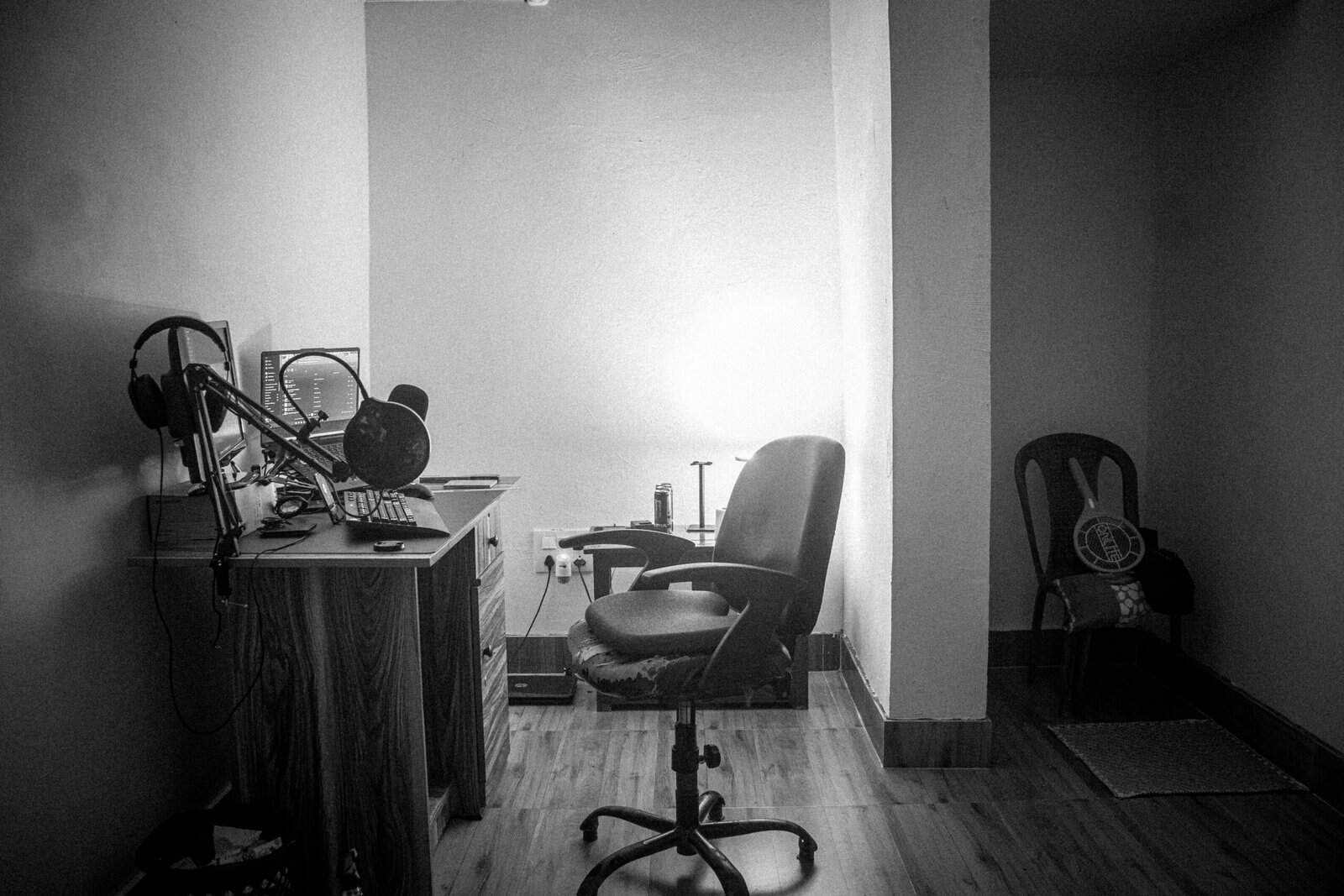Have you ever wondered why some freelancers seem to thrive in their careers while others struggle just to make ends meet? While there are numerous factors that can contribute to this, one of the key components is having a clearly defined freelance niche. Understanding and identifying your niche can be a game-changer, transforming your freelancing gig from a side hustle to a thriving business. Let’s explore how you can define your freelance niche step by step.
What is a Freelance Niche?
A freelance niche is more than just the type of work you do; it’s about carving out a specific segment of the market that you cater to with your unique skills and services. By specializing in a particular area, you can position yourself as an expert, making it easier to attract and retain clients who value those specific skills.
Think of your niche as the sweet spot where your skills, interests, and market demand intersect. It involves focusing on your strengths and preferences, allowing you to offer exceptional value to a targeted audience.
Why Having a Niche Matters
Defining a niche is crucial because it helps you stand out in a crowded market. When potential clients search for a freelancer, they’re often looking for someone who excels in a particular area rather than a jack-of-all-trades. By positioning yourself as an expert in a niche, you can attract higher-quality clients, often leading to more consistent and lucrative work.
Having a niche also allows you to refine your marketing strategies, making it easier and more efficient to reach the right audience. It fosters deeper client relationships and enables you to charge premium rates as clients recognize the specialized value you bring.

Steps to Define Your Freelance Niche
Defining your freelance niche involves introspection, market research, and testing. Let’s dive into how you can effectively pinpoint your niche.
Step 1: Self-Assessment
Begin by examining your skills, strengths, and passions. Create a list that identifies what you are good at and what you enjoy doing. This will serve as the foundation upon which you build your niche.
Skills and Strengths
- Technical Skills: Consider coding languages, design tools, marketing strategies, etc., that you are proficient in.
- Soft Skills: Think about problem-solving, communication, project management, and other interpersonal skills.
Passions and Interests
- Enjoyment: What tasks leave you feeling satisfied and energized?
- Long-term Goals: Align your niche with where you see yourself in the future.
Step 2: Market Research
Once you’ve identified potential areas of interest, it’s time to explore the market to determine demand and competition within those areas.
Analyzing Demand
- Trends: Use tools like Google Trends to see what skills or services are on the rise.
- Forums and Groups: Engage in discussions on platforms like LinkedIn or Reddit to get an idea of current market needs.
Assessing Competition
- Competitor Analysis: Identify who the key players are in your potential niches and analyze their offerings.
- Gaps in the Market: Look for niche areas that may be underserved or have less competition.
Step 3: Audience Definition
Know who your ideal client is. Defining your audience will help tailor your services and marketing strategies to attract the right clients.
Define Client Characteristics
- Industry: What industries do they operate in?
- Size: Are they small businesses, startups, or large corporations?
- Pain Points: What specific problems do they face?
Step 4: Refine Your Niche
With your list of skills, market research, and client persona in hand, narrow down your niche to a few specific services. Your niche should:
- Cater to your strengths and passions.
- Fulfill a market demand.
- Meet the specific needs of your ideal clients.
Identifying multiple niches can be tempting, but focusing on one or two will help you specialize and establish yourself as an expert more effectively.

Testing and Validating Your Niche
Defining a niche is not enough if it doesn’t resonate with the market. Validate your niche by putting it to test and refining based on the outcomes.
Pilot Projects
Start with small projects to test your niche and gather feedback. This will not only validate your choices but also build your portfolio.
Gather Feedback
Reach out to clients and peers for feedback. Understanding what they value in your service can provide insights for improvement.
Analyze Results
- Success Metrics: Measure client satisfaction, repeat business, and financial outcomes.
- Adjust Strategies: Make changes based on feedback and performance metrics to better align with market needs.

Case Study: A Journey to Niche Discovery
Consider Sarah, a graphic designer who started as a generalist. She loved branding and slowly realized that her passion was in creating visual identities for eco-friendly companies. By focusing exclusively on this sub-sector, she launched a personal brand around sustainability, drawing in like-minded clients and projects.
Sarah’s story illustrates the transformative impact of defining and committing to a niche: it enhanced her work satisfaction, reputation, and income.

Growing Within Your Niche
Once your niche is defined, don’t remain static. Continue evolving and expanding your skills to stay relevant and competitive.
Continuous Learning
Invest in courses, webinars, and workshops to enhance your skills. Remaining a lifelong learner not only strengthens your expertise but keeps you adaptable to changing market trends.
Networking and Community Engagement
Engage with your community by joining niche-specific groups and forums. Networking not only helps in keeping updated but also opens doors to opportunities and collaborations.
Expanding Services
Consider offering complementary services within your niche as you grow. For instance, if you’re a freelance writer specialized in tech content, you could expand into offering SEO services too.

Final Thoughts
Defining your freelance niche is a journey of discovery that requires thoughtful assessment, research, and a willingness to adapt. It may take time and a bit of trial and error to find the right fit, but once you do, the rewards can be significant.
When you define a niche, you’re not limiting yourself—you’re positioning yourself as the best choice for the right audience. So, take the time to explore, define, and refine; your thriving freelancing career might just be around the corner.
In the end, remember that a freelance niche is as much about personal fulfillment as it is about market success. Focus on a niche that you’re passionate about, and your freelance business will naturally thrive. Now, it’s time for you to define yours and see where it can take you!
